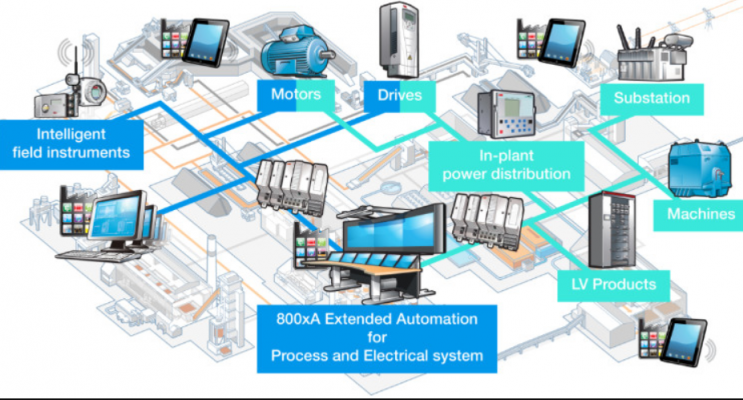Automated system integrators play a wide range of roles. On the basis, they are responsible for combining different devices and machines into an integrated, efficient system. In other words, systems integrators act as project managers, overseeing and managing the communication between different components of a project.
Industrial manufacturing firms bring in system integrators to bridge the gaps between machines to make a tighter, more efficient and productive process out of existing operations. Automated system integrators apply many types of system integration. Specialized ones include computer systems, information systems, manufacturing systems, and robotic system integrators. These specialized positions mean that no matter what kind of automated system is required, an appropriate system integrator can do the work.

What constitutes an automated system is somewhat debatable. Some view machines that are able to communicate to each other as an example of an integrated system. Others view integrated systems as encompassing an array of components, such as manufacturing machinery, control units, computers, and operators. Regardless of how an integrated system is defined, automated system integrators are engineers (or constitute a branch of an engineering company, whose primary role is to provide technical assistance to those in the control and automation industries.
There are several kinds of automated system integration that are common in these industries. Interfacing PLCs to HMIs is a fairly common form of integration work, as is interfacing PLCs to field measurement devices. After integration, these systems run as part of a continuous process control project.
Bringing in outside help can sometimes be a tricky process. When considering working with an automated system integrator for a company project, Control Engineering offers the following advice:
Contents
1. System Integrators Communicate
In order for both parties to get what they need from a project, communication is key. A company should be clear and upfront about their needs, especially when it comes to design elements, functionality, flexibility, and price. Likewise, an automated systems integrator should be clear about the projected duration of the project, machine capabilities, and expected results. Additionally, the company should provide the systems integrator with access to the machines and personnel as early as possible to aid in planning the project.
2. System Integrators Define the Stakeholders
Laying out what each party needs at the beginning of a project goes hand-in-hand with communication. Writing down the results of planning discussions can be a helpful way of ensuring each party feels that their needs are being met and can provide an organized record of necessary information.
3. System Integrators Read All Documents
Before a project begins, a system integrator should provide a company with the necessary documents associated with integrating a system. It is vital to the success of the project that the company reads the documents, seeking clarification or asking questions when necessary.
4. More Communication
Include key people (such as managers and operators) in each stage of the project, a system integrator makes sure everyone is aware of what’s happening.
5. Designate an Direct Project Manager
To avoid squabbles and miscommunication, assign one person to serve as the project manager and point-person.
6. Take Advantage of Communication Tools
Holding weekly meetings to discuss progress and manage the project can be an effective way to stay on top of things as the project unfolds. Holding a meeting with the systems integrator at least once a month is an essential step toward keeping on track and up to date with new project developments. A company can use these meetings as a way of assigning tasks, holding people responsible for deadlines, and following up.
7. System Integrators Are Flexible
Changes are bound to arise as the project moves forward. By staying flexible and open, companies can turn unexpected changes to their advantage. Systems and specifications often need modification, so preparing in advance can help with problems that may occur.
8. Think Beyond the Confines of the Project
Seek appropriate training for operators, ensure manuals are available, and determine the appropriate maintenance for any new machinery. By asking questions and actively searching out necessary information, a company will be able to work smoothly with an automated system integrator to achieve the desired goal.

If you are looking for a senior enthusiastic and well-qualified system integrator for automation systems, reach out to CTI SUPPLY to get the better economical project.
Hotline: (+84) 91 190 1717, Email: info@ctisupply.vn


 Tiếng Việt
Tiếng Việt